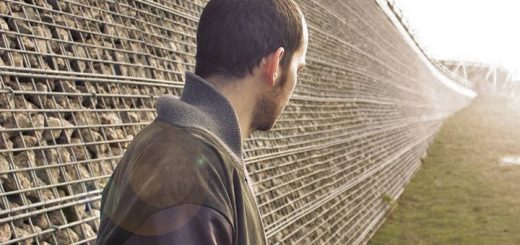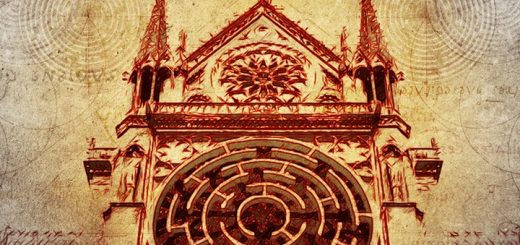"Dignity and responsibility". A path of spiritual liberation for everyone
Afterword by Gianni Geraci to the book by Pino Piva, "Dignity and responsibility. A path of spiritual liberation for all"(The Pellegrino Editore, 2024)
The book "Dignity and responsibility has just been published. A path of spiritual liberation for Tutt*"(publisher Il Pellegrino, 2024, 160 pages) in which Father Pino Piva collects the articulated experience of spiritual accompaniment of LGBT people who gained during the many spiritual exercises that he led in the context of his ministry within the Company of Jesus. We publish the afterword in which Gianni Geraci tells the importance that this book can have in the spiritual life of many Christians LGBT+.
When the catechism of the Catholic Church recalls that homosexual people, "through the virtues of self -mastery, educators of inner freedom, through the support, sometimes, of a disinterested friendship, with prayer and sacramental grace, can and must, gradually and resolutely, approach Christian perfection", more than a concrete path indicates an ideal.
Reading this writing by Father Pino Piva I thought: "I finally find concrete indications capable of helping homosexual people to approach that" Christian perfection "of which the catechism speaks! Finally their eyes do not close on the real objective difficulties that a homosexual person encounters on his path to approach this perfection! Finally, paths capable of putting centuries of prejudices and sterile fatalism that often leads to the conclusion that Christianity and homosexuality are incompatible are finally proposed.
I know little about the "Ignaziano method", in reading the words of Father Piva, however, I found some reminiscences of an idea that had formed within me more than thirty years ago, when following the discovery of Gustave Thils's works I had come to the conclusion that my way to holiness could not exclude my homosexuality, but passed "through" my homosexual orientation. Since then I can say that my whole life has been a succession of attempts, more or less clumsy, to achieve this background intuition in my life. Since then I have always thought that one of the great limits of the proposal that the Catholic magisterium makes to homosexual people is the absence of any indication inspired by that healthy realism without which the risk is to generate schizophrenic behaviors, in which a perfection is enhanced that in reality is not sought and is despised a life that, in reality, is the one that inspires our concrete choices.
Some of the discoveries that I made in the meantime have not been solid (for example, I think of the idea of putting my life of prayer first and of putting my ability to live in concrete terms that temperance that was becoming for me more an obsession than an ideal), others have proved to be wrong (I think for example of the attempts to "heal" from my homosexuality or to some corporal mortifications that have made me a bad man self -control). Reviewing him now with the eyes of those who lived it firsthand, I realize that it was a tortuous path, full of contradictions, suffering and wrong choices, but also rich in exhilarating discoveries and moments of grace. More than once, during this path that lasted almost forty years, I felt the need to meet a systematic walk proposal that was able to take into account not only the ideal that the Gospel proposes, but also of the specific difficulties that a homosexual person has in pursuing this ideal. Now I finally met him.
A path to holiness, I would have defined it when I started looking for it.
A path of liberation, Father Piva defines him.
A path of reconciliation with one's life or, better, with the idea that God has of each of us. That's why I would like to close this short reflection by remembering what we read in chapter 3 of John's first letter: "If our heart condemns us, God is greater than our heart".







